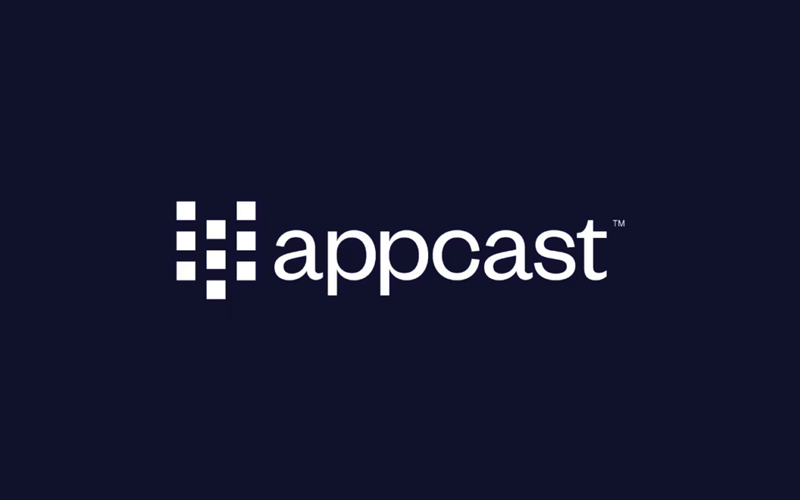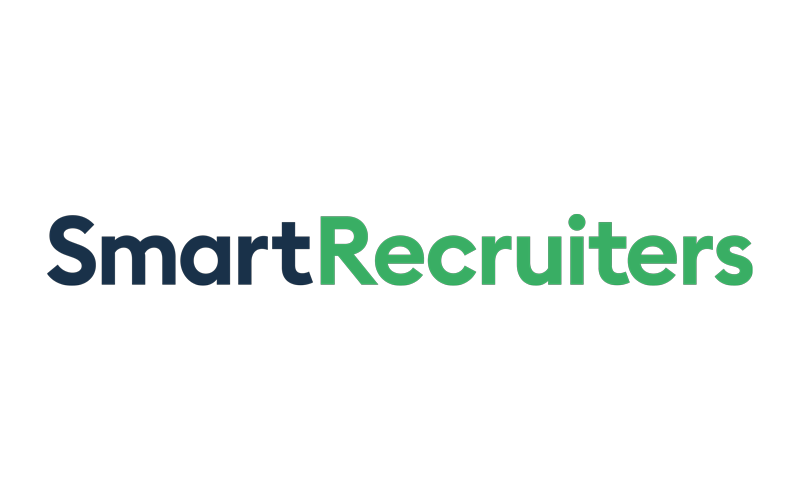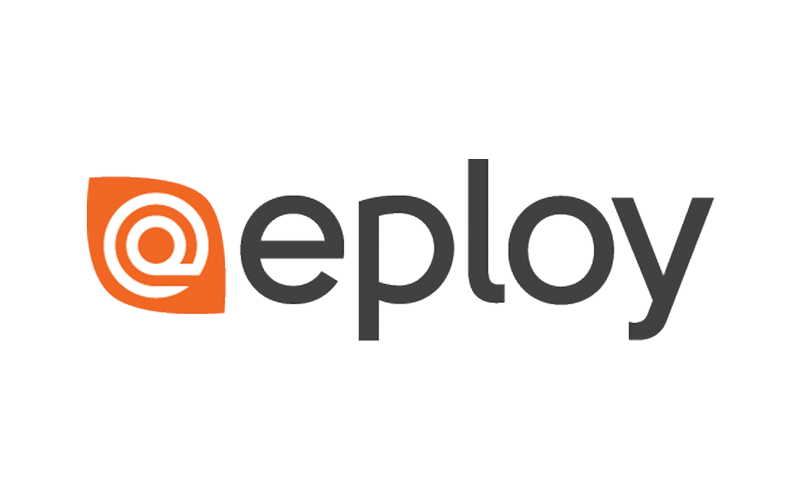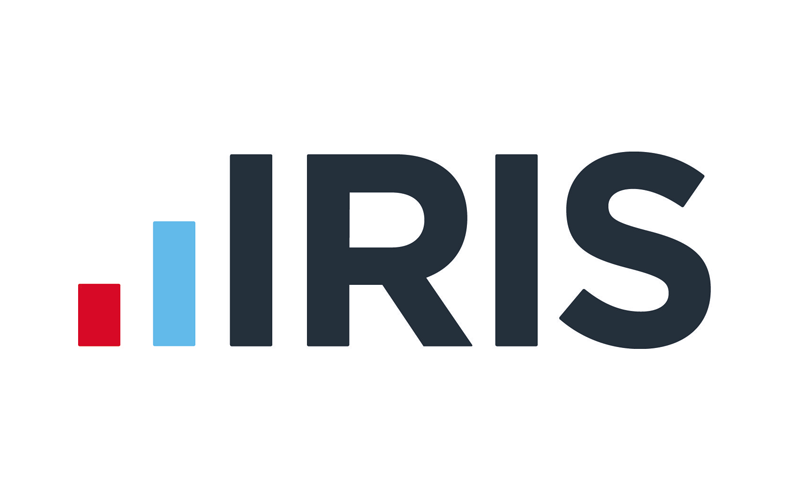Tech & Tools: March/April 2025

Humans and AI: a blended approach
Artificial intelligence (AI) began its march into recruitment several years ago in areas like search and match, but recent months has seen a big focus on the efficiency gains such technologies can bring.
Speaking in last year’s ‘11 Most Influential In-House Recruiters’ showcase, Yasar Ahmad, global vice president, people, at the recipe box company Hello Fresh, cited recruitment’s biggest challenge in 2025 as eliminating redundant daily tasks that should have been automated “long ago”, using AI to optimise processes.
Many sectors are still wrangling with exactly how they can make the shift to using AI in their work. The recruitment industry is fortunate in that a raft of AI assistants and tools, along with a proliferation of AI integrations by recruitment platform providers is providing an accessible route into incorporating AI into daily workflows. But is AI creating problems as well as solving them for recruiters?
Rebecca Foden, early careers transformation leader at Join Talent, said companies are drowning “in a tidal wave” of applications, many of which are indistinguishable from one another. “They [recruiters] are overwhelmed, stretched thin, diverted into operational, reactive roles and bogged down by outdated processes that can’t scale with the flood of talent,” she says.
Gopi Polavarapu, chief solutions officer at Kore.ai, which has a suite of AI-based solutions, agrees that the rise of AI in recruitment has not been without its challenges: “Reports of bias in AI-powered recruitment tools have sparked concerns for both recruiters and candidates, while candidates using AI to support their applications pose various challenges for recruiters with difficulties in differentiating between factual information and that which is fabricated by AI.”
He adds: “Recruiters who rely solely on technology to source candidates may risk missing out on talented applicants who struggle with digital application processes.”
He advises recruiters to ensure they strike the right balance and consider blending technology with “human oversight”. Kore.ai’s RecruitAssist tool automates background screening, and cross-checks applications with public citations, academic databases, professional certifications, developer community tools and social media profiles.
“This ensures recruiters can filter through fabricated claims in AI-generated applications and make decisions based solely on accurate, fact-checked information,” says Polavarapu.
Euan Cameron is founder and CEO of video-interviewing platform Willo, which uses AI to help recruiters make sense of interview data and to ask the right questions, as well as filter out poor fits. It also takes care of routine tasks such as rejection emails and scheduling follow-up interviews.
Cameron says the two significant trends in recruitment are the increasing use of AI tools alongside the surge in application volumes. And he believes the second has led to the former, not the other way round, because some job boards have made it easy for candidates to apply to multiple jobs with minimal effort. “Unfortunately, this ‘spray-and-pray’ approach often results in poor-quality applications, leaving employers overwhelmed,” he says.
The right AI tools can provide the solution though, says Cameron. “AI tools are playing a critical role in helping employers navigate this challenge by surfacing the right candidates from a sea of applications,” he says. “These tools extract meaningful insights, such as skills, motivations and cultural fit, helping recruiters focus on the most suitable candidates.”
Similarly, Polavarapu sees misplaced blame on AI when it comes to bias. “The inherent bias in recruitment is not just seen in some AI tools – it has long been a systemic issue,” he says. “RecruitAssist is powered by GenAI backup with humans to focus on an applicant’s skills, experience and qualifications. It acts as a dormant participant in the interview process and this eliminates the risk of unconscious bias impacting hiring decision-making, resulting in fairer and more inclusive hiring practices.”
Ultimately, there is a consensus from recruiters and developers that the future is a blended one when it comes to AI. Foden recommends the use of hybrid models for early careers that combine AI, automation and human touch to authenticate candidates, while Polavarapu urges recruiters to implement AI “thoughtfully” and with “effective safeguards” like masking names and ages.
And as Cameron points out, the key takeaway is always that technology should serve as an enabler, not a replacement. “Whether it’s video interviews, remote hiring or AI tools, the goal is to streamline processes and improve outcomes for both employers and candidates,” he says. “At the end of the day, the human element remains at the heart of great recruitment.”
In brief
Taking a holistic approach to recruitment marketing

Recruitment marketing platform AppcastOne is now available to UK employers. It claims to bring a holistic and data-driven approach to recruitment marketing, enabling employers to manage job board advertising budgets and optimise performance through automation and tracking. It also deploys search and social campaigns to drive leads and generate attendance for hiring events, as well as oversees vendor relationships to streamline contract negotiation, centralise invoicing and enhance reporting.
Managing recruitment sandboxes

SmartRecruiters is introducing a tool to help recruiters manage their sandbox environments, where they experiment with different configurations of the platform. Sandbox Pro enables users to customise and control the sandboxes to match their unique needs and provides automated self-service features that ensure a smoother workflow.
https://www.smartrecruiters.com/
Software provider launches online trust hub

Recruitment software provider Eploy has launched the Trust Centre online resource library providing information and transparency around the current privacy policies, compliance, regulations and certifications that govern its products and services. The hub aims to simplify the publishing and maintaining of such critical information. Customers can also use it to request access to Eploy’s security and compliance documentation.
Amalgamation provides end-to-end recruitment solution

Iris Software Group is launching an end-to-end, cloud solution to help in-house recruitment and HR teams manage every aspect of the recruitment process. Iris Recruitment is an amalgamation of existing recruitment products Networx and Blue Octopus, which Iris acquired in 2022 and 2023, respectively. It offers full integration with HR software such as Staffology and Cascade, includes an ATS and online candidate and onboarding portals.
Image credit | Shutterstock
